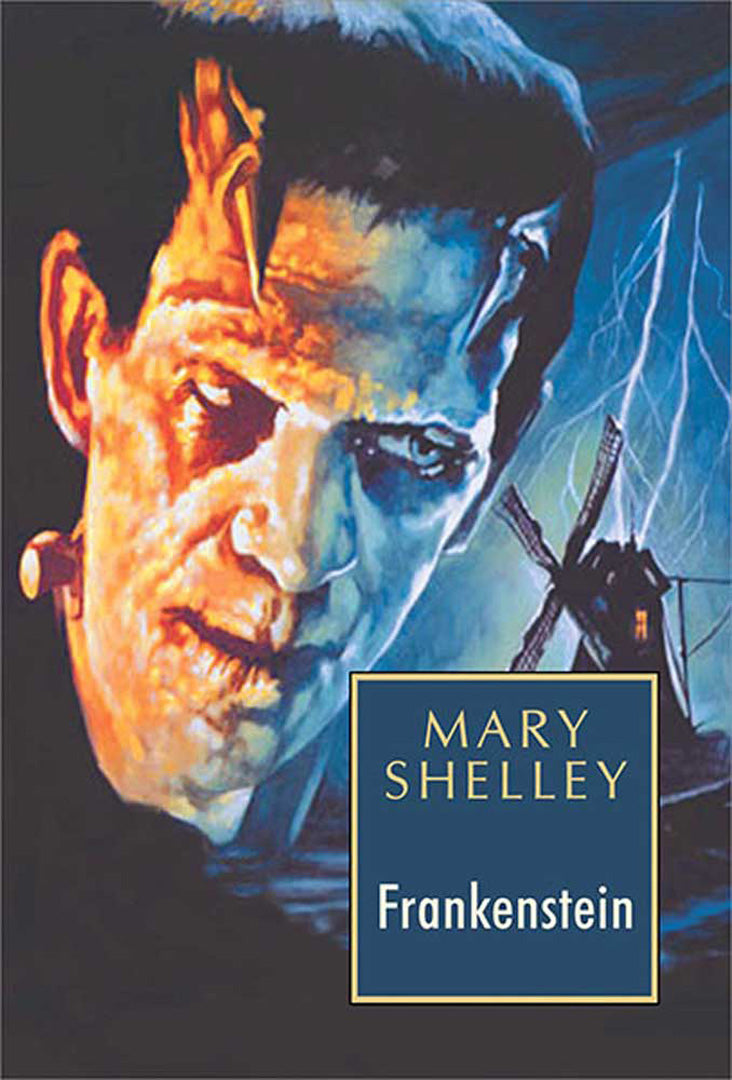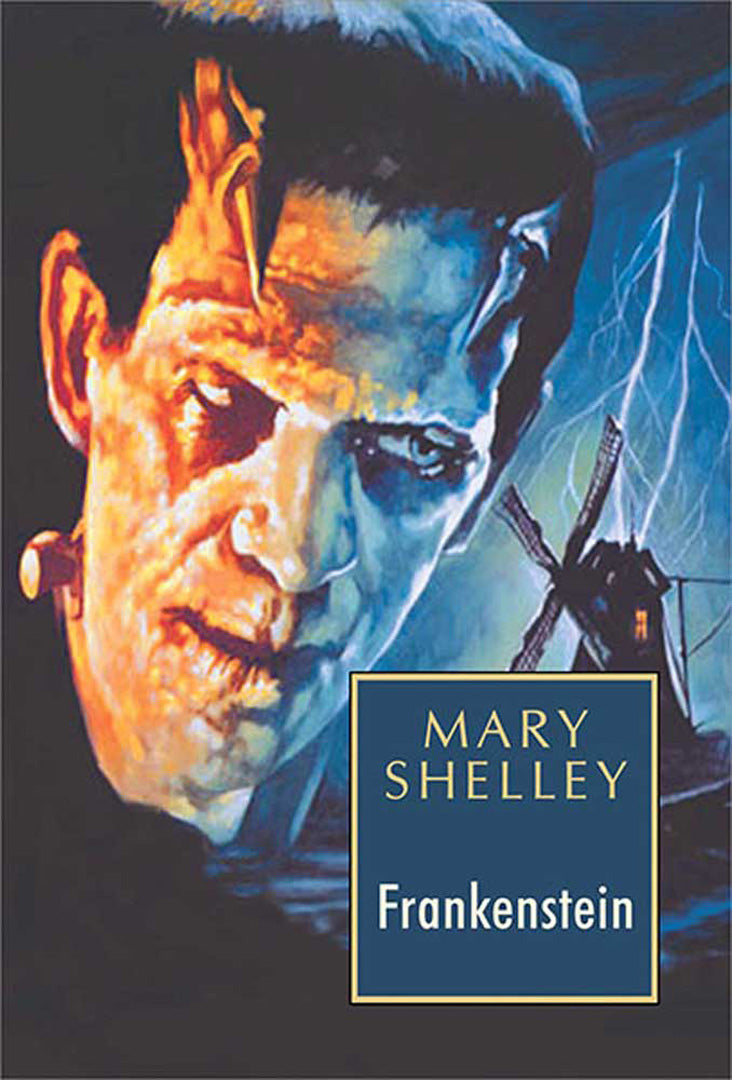Frankenstein
Frankenstein
Mary Shelley
Couldn't load pickup availability
Share

More Information
- ISBN13:
- Publisher: Atlantic Publishers and Distributors (P) Ltd
- Publisher Imprint: Peacock Books
- Publication Date:
- Pages: 214
- Binding:
- Item Weight:
- Original Price:
About The Book
When Frankenstein, a young idealist Genevan student of natural philosophy at the University of Ingolstadt, stumbled into the secret of infusing life into matter, and created a living thing out of an assemblage of bones from charnel houses, little did he think about the consequences. Ironically, his strong and big creation, initially gentle and capable of tender emotions — a reader of Goethe, Plutarch, Milton — stirs nothing but fear and loathing in people, thanks to his hideous appearance. In the want of a female counterpart, which Frankenstein refuses to give, his emotional needs remain unfulfilled. The pain of being ostracized, the necessity of being perpetually on the run and seeking cover make him bitter. What will he do now in his loneliness, frustration and the resultant anger against his creator? Can Frankenstein control his creation any more? Who will destroy whom in the chain of Gothic horror sequences that follow?
About The Author
Mary Wollstonecraft Shelley (1797-1851) was the only daughter of the Illustrious parents — William Godwin the philosopher, and A Vindication...famous Mary Wollstonecraft, the radical feminist thinker who had come much ahead of her time, and died in giving birth to Mary. Left much to herself in childhood, Mary had developed, in her own word, the habit of forming ‘castles in the air’.
Godwin’s house was a centre for the intellectual elites of the time, and in 1814 Mary met Shelley there, fell in love and eloped with the married poet to Italy. But for a brief spell of happiness her life was a series of tragedies, including the death of husband and children. Shelley died by drowning in 1922. Mary ultimately succeeded in overcoming the trauma of the early bereavements, but did not marry again. She chose the career of a professional writer, and stuck to it till the end.
Frankenstein, the tale of ‘Gothic horror,’ is the most well-known of Mary Shelley’s works.
When Frankenstein, a young idealist Genevan student of natural philosophy at the University of Ingolstadt, stumbled into the secret of infusing life into matter, and created a living thing out of an assemblage of bones from charnel houses, little did he think about the consequences. Ironically, his strong and big creation, initially gentle and capable of tender emotions — a reader of Goethe, Plutarch, Milton — stirs nothing but fear and loathing in people, thanks to his hideous appearance. In the want of a female counterpart, which Frankenstein refuses to give, his emotional needs remain unfulfilled. The pain of being ostracized, the necessity of being perpetually on the run and seeking cover make him bitter. In his loneliness, frustration and the resultant anger the creation now turns against his creator. Frankenstein cannot control him any more. He kills Frankenstein’s brother, friend, and finally his bride on the wedding night. In an act of mad desperation Frankenstein now chases his monster to the Arctic, but the pursuit kills him. After this the monster disappears apparently to destroy himself.
Told in the technique of epistolary novel, Frankenstein remains one of the classic horror stories, and at the same time anticipates the twentieth century science fiction. Shelley uses no supernatural elements here to create his fantasy which she founds on rational scientific basis.
This novel of ‘the Modern Prometheus’ gives a strange twist to the creation myth. Frankenstein’s famous avowal,—“You are my creator but I am your master”—makes it deeply relevant in today's context when man has unleashed demonic forces to find them gone beyond his control.
Mary spoke of the book as ‘my hideous progeny,’ but still admitted her ‘affection for it’ as ‘it was the offspring of happy days.’ Indeed it sprang during the brief episode of happiness in her life. Arising out of the talks about ghost stories, around a bright fire on a rainy evening in Italy and discussions with Byron and Shelley about origin of life, galvanism and scientific experiments, and then taking shape from ‘the grim terrors’ of a ‘waking dream,’ Frankenstein was originally a brief story which, at the suggestion of Shelley, was developed to a full-length novel. Shelley wrote the Preface to the first edition.
The author’s other works include a number of novels—Lodore (1835), Falkner (1837), Perkin Warnbeck, The Last man (1826), for instance; apart from this she also wrote a number of stories, and edited the first collected edition of Shelley’s poems in 1839.

